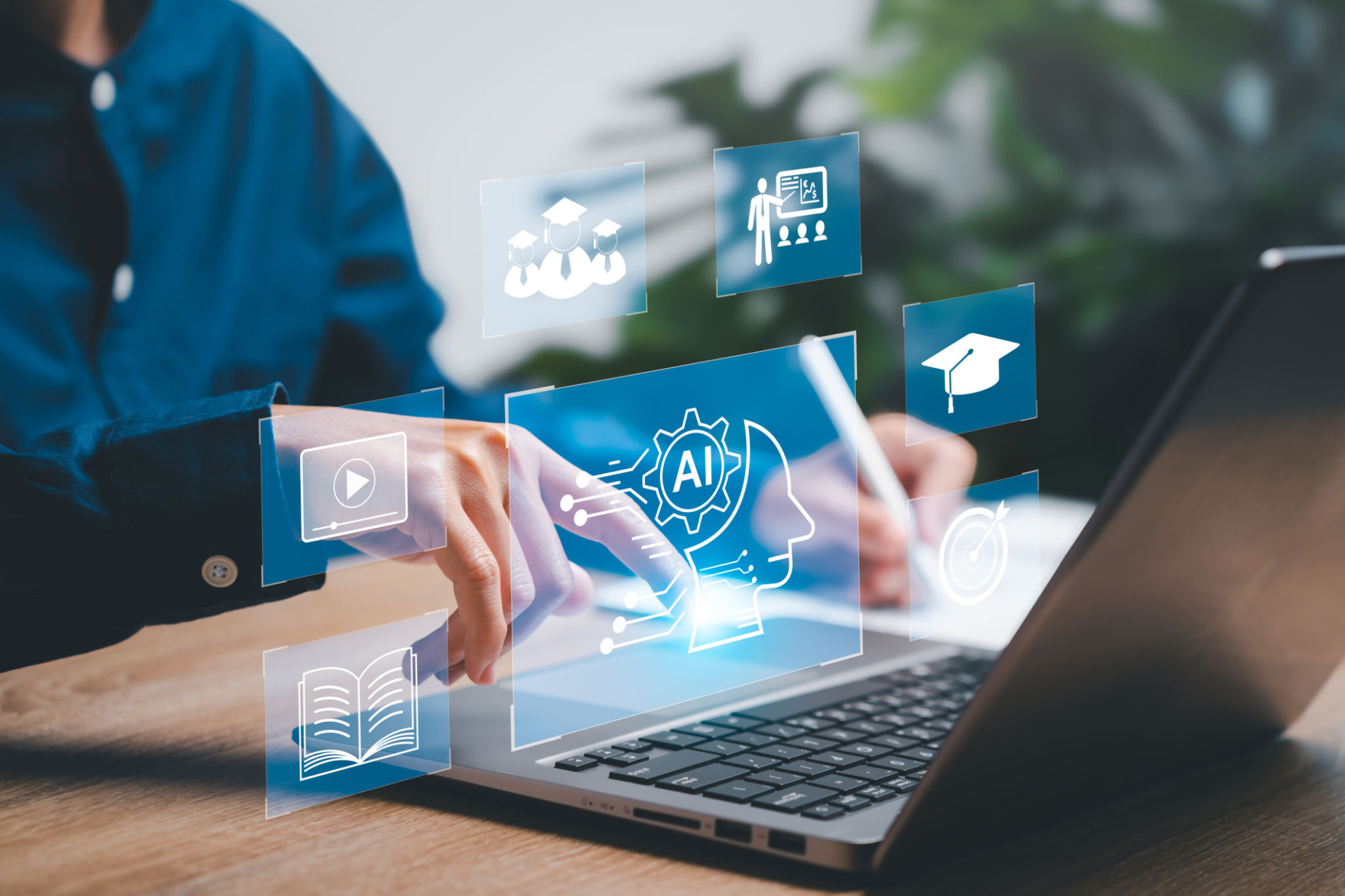How AI is Shaping the Future of Education in Dallas and Beyond
The Rise of AI in Education
The educational landscape is undergoing a transformative shift, driven by the rapid integration of artificial intelligence (AI). From personalized learning experiences to administrative efficiency, AI is reshaping the future of education in Dallas and beyond. This technological evolution is not just a trend but a fundamental change in how education is delivered and consumed.
In Dallas, educational institutions are pioneering the use of AI to enhance learning outcomes. Schools and universities are leveraging AI-powered tools to provide students with tailored learning experiences that cater to their individual needs, preferences, and learning styles. This personalized approach is helping students achieve better academic results and engagement.

Personalized Learning Experiences
One of the most significant impacts of AI in education is the ability to offer personalized learning experiences. Through machine learning algorithms, educators can analyze data from students' interactions with digital platforms. This data-driven approach allows for the customization of lesson plans and resources, ensuring that each student receives the support they need to succeed.
For example, AI can identify areas where a student struggles and automatically suggest supplemental materials or exercises. This immediate feedback loop helps learners address gaps in knowledge before they become significant hurdles.
Enhancing Teachers' Capabilities
AI is not only beneficial for students but also enhances the capabilities of teachers. By automating routine tasks such as grading and attendance tracking, AI allows educators to focus more on teaching and less on administrative duties. This shift enables teachers to dedicate more time to developing innovative teaching strategies and engaging with their students.

Moreover, AI-powered analytics provide educators with insights into how students are performing in real-time. These insights can guide teachers in adjusting their teaching methods and identifying students who may need additional support.
Administrative Efficiency
Beyond the classroom, AI is streamlining administrative processes within educational institutions. Tasks such as scheduling, resource allocation, and admissions management are being optimized through AI-driven solutions. This increased efficiency not only reduces operational costs but also allows schools to allocate more resources towards improving educational outcomes.
In Dallas, several schools have already adopted AI systems to manage their operations more effectively. These systems help administrators make data-driven decisions that enhance the overall learning environment.

The Future of AI in Education
As AI continues to evolve, its potential applications in education are expanding. From virtual tutoring systems to intelligent content delivery platforms, the future holds exciting possibilities for enhancing the educational experience. The integration of AI into education also raises important questions about data privacy and ethical considerations, which must be addressed as these technologies become more widespread.
In conclusion, AI is set to play a pivotal role in shaping the future of education in Dallas and beyond. By providing personalized learning experiences, enhancing teachers' capabilities, and improving administrative efficiency, AI is transforming how we think about education. As we move forward, it will be crucial for educators, policymakers, and technology developers to work collaboratively to ensure that these advancements benefit all learners.
